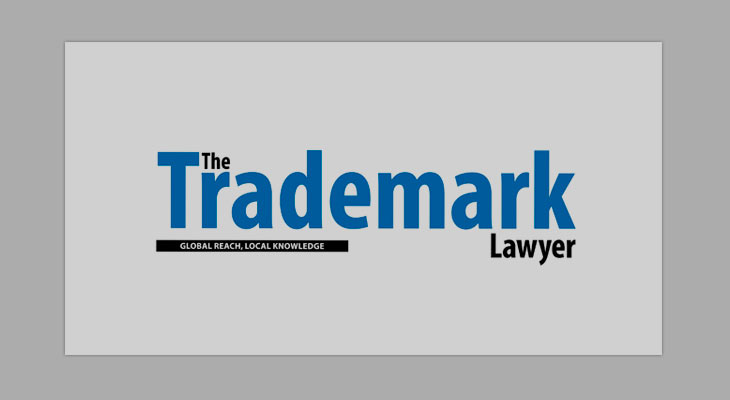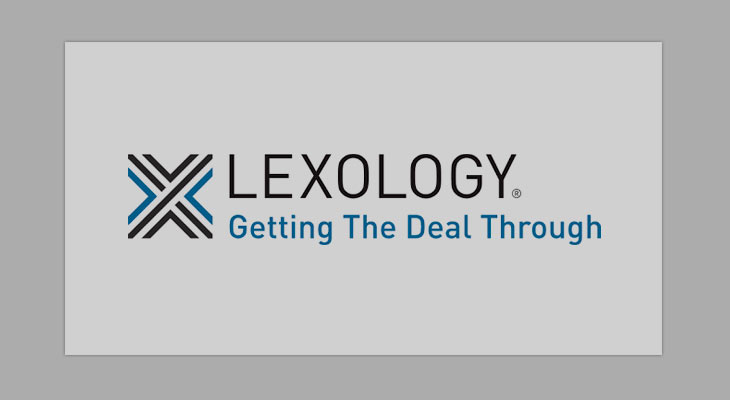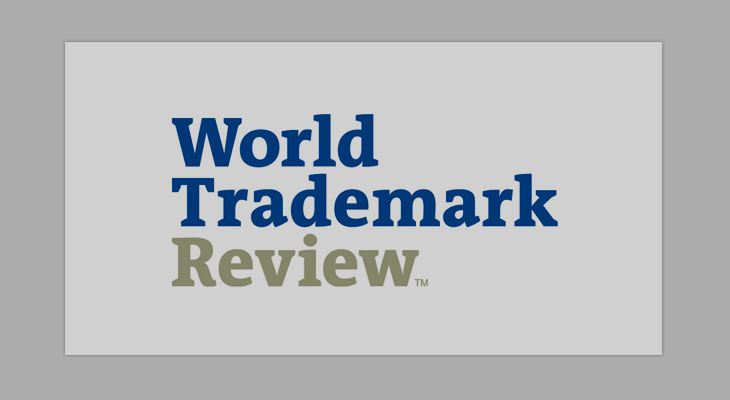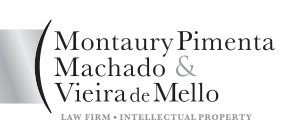Joana is a partner and part of the Montaury Pimenta, Machado & Vieira de Mello trademarks team. With over 20 years of experience as an attorney in Intellectual Property, her practice involves all procedures for registration of trademarks with the INPI, including opposition and other administrative petitions, as well as strategic analysis for complex trademark issues, with the aim of avoiding litigation, where possible.
To better understand this article, we must start with a simple question: What is diversity and inclusion.
For both law firms and those in the corporate environment, embedding diversity and inclusion (D&I) in hiring and team-building practices is not just the right thing to do, it is critical for brand reputation, staff motivation and positive results. But what does this actually mean and how should it be approached?
A New Chapter on Football Spray - an off-field dispute - the Brazilian spray patent battle with FIFA
Since 2017, there has been an off-field football dispute over the patent infringement of the spray used to mark the distance between the barrier's position and the ball for free kicks in football matches.
The Brazilian PTO hosted this week, from October 23rd to 27th, in Rio de Janeiro, Brazil, the ninth meeting of the Experts’ Group for Semiconductor Technology (EGST). This is the first time that the meeting has taken place outside of the World Intellectual Property Organization (WIPO), in Geneva, Switzerland. The group’s objective was to discuss a new class in the International Patent Classification (IPC) focused on semiconductors. Participants from several countries such as Japan, Korea, the UK, the USA, France and, of course, Brazil as well as representatives from the IP entities EPO and WIPO from many different areas of related technologies such as chemistry, electricity, and mechanics, were present at the meeting.
Brazil is a current signatory to The Berne Convention for the protection of works and the rights of their authors. Copyright protection for Brazilians and foreigners is also guaranteed in Brazil´s Federal Constitution and Federal Law #9610/98, also known as the Copyright Law.
In the wake of rapid advances resulting from generative artificial intelligence, global governments, and policymakers are studying and accelerating efforts on how to regulate and legislate about AI, being a multitask work, from what AI is capable to do or not to do, its impacts, and consequences.
Brazilian Minister of Development, Industry, Trade, and Services, Geraldo Alckmin, announced his intention to reduce the patent examination process in Brazil to two years.
The World Intellectual Property Day is celebrated every year on April 26. This year, the importance of this date takes on a new meaning in the midst of the COVID-19 pandemic.
Over the last weeks, due to the coronavirus pandemic, people have witnessed with astonishment the necessary interruption of several basic services, which are constitutionally assured and regularly provided, among them, services provided by the courts.
In the second half of 2019, the Brazilian Patent Office (BRPTO) started an ambitious plan to eliminate the backlog of unexamined patent applications. The aim of the project is to reduce 80% of the current backlog within two years. Up until March 2020, before the world COVID-19 crisis, the numbers were really impressive. The challenge now is to keep this progress going, while maintaining the examiners working 100% remotely.
On April3, the Brazilian Senate approved a Bill of Law (PL 1179/2020) with several emergency measures to deal with the COVID-19 pandemic in Brazil. The bill includes a specific rule that postpones the entry into force of the Brazilian General Data Protection Law, the LGPD.
It is still too early to determine when a vaccine against new coronavirus will be available. Even if renowned research centers and pharmaceutical companies could put their best efforts into developing a vaccine against COVID-19, it is obviously necessary to follow the correct clinical protocols to launch a safe and effective product in the market. Specialists say that it will take at least 18 months, which is an extremely optimistic prediction.
Under Brazilian law, the injured party in an infringement lawsuit can request compensatory damages in addition to obtaining a court order that the infringing practice be ceased. Such damages can be divided into two main categories: (i) moral damages, and (ii) material damages, which include actual damages and the loss of profit.
Our immersion in the virtual world is increasing each day. We talk to people, read news, make bank transactions, buy stuff and have fun through the Internet, i.e., we do things that were unimaginable in the recent past.
Our immersion in the virtual world is increasing each day. We talk to people, read news, make bank transactions, buy stuff and have fun through the Internet, i.e., we do things that were unimaginable in the recent past.
The Brazilian Patent and Trademark Office (BPTO) published in Official Bulletin no. 2,838, of May 27, 2025, Ordinance no. 04, which establishes the procedure for continuing the technical examination of patent applications in the first instance after a decision in the second instance (appeal phase) is issued. In practice, the Ordinance regulates the reexamination of an application back in the first instance after the overturn of a rejection decision.
The Brazilian Patent and Trademark Office (BPTO) has released its “2024 Top Filers Ranking”, offering a detailed snapshot of intellectual property (IP) activity in the country. The report covers the 50 largest filers of various IP assets, including patents, trademarks, utility models, industrial designs, and computer programs. The report sorts the applicants into two categories: Brazilian and non-Brazilian, allowing a clear view of the balance between them.
The São Paulo State Court of Justice (TJSP), Brazil’s largest state judiciary by caseload, has taken significant steps toward enhancing the specialization of its business jurisdiction. These advances include the establishment of Courts of Appeal and Courts of First Instance (Trial Courts) dedicated to judging business cases, in addition to Judicial Processing Units (UPJs).
Lady Gaga has performed a huge concert at Copacabana Beach, in Rio de Janeiro, on May 3, last, attended by an audience of 2.1 million artist's fans, involving a billion-dollar market with sponsors, licensed products, and intellectual property rights. Just as happened with Madonna in 2024 and with iconic events like Rock in Rio, the impact of a concert of this magnitude goes far beyond the music.









